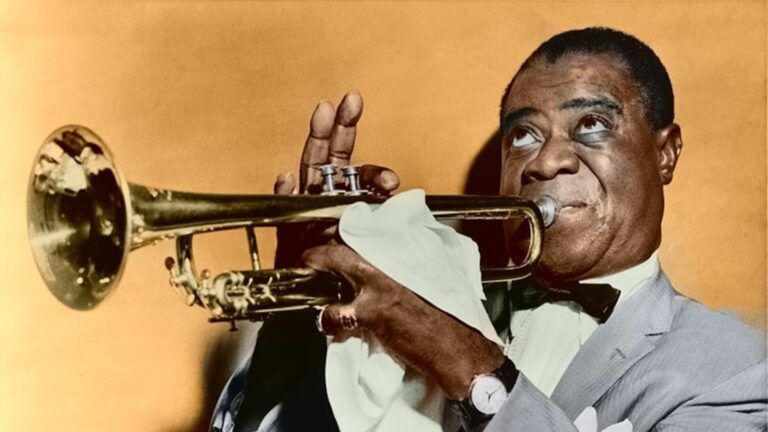Steve Turner has been writing about music for almost 50 years. Along the way he’s interviewed everyone from John Lennon to Mick Jagger, and written biographies on Johnny Cash and John Newton, the writer of the hymn ‘Amazing Grace.’ His latest venture is Turn Turn Turn: Popular Songs Inspired by the Bible, a new book chronicling references to God and Scripture in popular music.
Turner has long written about the intersection of music and faith. It often came up in interviews with singers like John Lennon and Sting, and although many listeners miss them, Turner noticed that popular music was littered with spiritual references.
“If you’re steeped in [the Bible] then your ears prick up,” Turner told Guideposts.org. “I notice [Bible quotes], they jump out at me.”
Many of the songs in the book have spiritual references hidden in plain sight. One example is “I Walk the Line” by Johnny Cash. Turner points out that the song could be sung to Cash’s wife, but could also be sung as a prayer directly to God.
“Many [people don’t know] Johnny Cash sang gospel songs,” Turner said. “This is a song about his commitment to his wife and…how he’s going to keep his vows.”
Over the course of his writing career, Turner has seen artists and the public open up to spiritual references in music.
“For example, you take Johnnie Ray singing a gospel song in the film There’s No Business Like Show Business,” Turner said, referencing the 1954 film. “They had to have a Catholic priest on hand to make sure it was all done reverently.”
Standards began to change in the 1960s as musicians began exploring spiritual themes in their songs. The Beach Boys including an explicit spiritual reference in the title of their song “God Only Knows.” Simon & Garfunkel included the lyric “Jesus loves you more than you will know” in their hit song “Mrs. Robinson.”
“That was considered quite risqué at the time, that you could casually mention Jesus like that in a song,” Turner said. “Religious subject matter became part of the landscape of rock music. There was…freedom to talk about religious matters.”
Turn Turn Turn traces this evolution in music from the mid-1930s to present day, covering songs from retro icons like Elvis Presley and Jerry Lee Lewis to modern pop stars like Lady Gaga and Katy Perry.
When laid out plainly, spiritual themes are quick to emerge. One common reference is to the song “Amazing Grace” specifically the line ‘I once was blind but now I see.’
“A lot of songs pick up on that because it’s a universal image of enlightenment,” Turner said.
Another common reference is to an image from Revelation.
“There are several songs that eluded to tears being wiped away like [the verse in Revelation],” Turner said. “Some of those phrases are kind of in the air, people absorb them and they don’t even know the origin of it.”
Even Turner was surprised to discover biblical references in some of his favorite songs.
“I listened to “Bad Moon Rising” by Credence Clearwater Revival for years and hadn’t really noticed where the music came from,” Turner said. “It’s very much imagery from the gospel. I was quite surprised by how much of the Bible had snuck into it.”
Turner hopes Turn Turn Turn gives readers an overview of the relationship between music and Scripture over time.
“You can see fresh things being added and fresh steps being made and the caliber of music being expanded,” Turner said. “I would like to think the book would start the discussion and be useful.”






